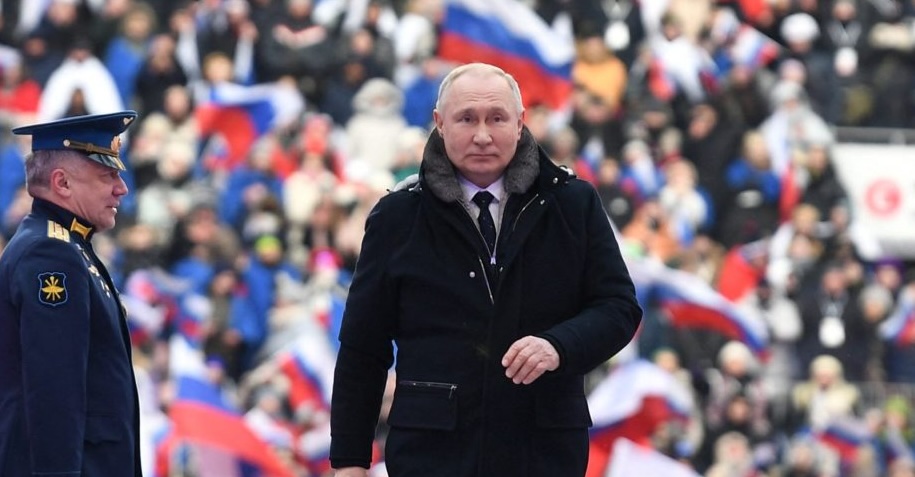Already a subscriber? Make sure to log into your account before viewing this content. You can access your account by hitting the “login” button on the top right corner. Still unable to see the content after signing in? Make sure your card on file is up-to-date.
The Kremlin has announced it will need time to analyze President Donald Trump’s 50-day ultimatum for a Russia-Ukraine peace deal.
Some shit you should know before you read: If you’re unaware, Trump announced a 50-day ultimatum demanding that Russia agree to a peace deal with Ukraine, warning that failure to comply would trigger “very severe” economic consequences. Specifically, he vowed to impose a 100% tariff on all products from countries that continue to trade with Russia, targeting global buyers of Russian oil. This move could significantly undermine Russia’s revenue, as energy exports are a central pillar of its economy. Key nations that heavily import Russian oil include China, India, and Turkey, all of which could face harsh economic penalties under Trump’s plan.

What’s going on now: In a notable development, Kremlin spokesman Dmitry Peskov called Trump’s 50-day ultimatum “very serious.” He added, “We definitely need time to analyze what was said in Washington.” This response contrasted sharply with other Russian officials, who ridiculed the announcement as political posturing. Russian Senator Konstantin Kosachev claimed Trump’s actions were a ploy to benefit the US arms industry, accusing Washington of “setting a trap for Europe” by forcing NATO allies to purchase American-made weapons.
Former Russian President Dmitry Medvedev, now deputy chair of Russia’s Security Council, was more loud in his response, mocking the ultimatum as empty theatrics. “Trump issued a theatrical ultimatum to the Kremlin. The world shuddered, expecting the consequences. Belligerent Europe was disappointed. Russia didn’t care,” Medvedev wrote on X.
Ukraine, in contrast, welcomed the move, viewing it as a potential turning point. President Volodymyr Zelenskyy described the move by Trump as “very good” and expressed appreciation for the US’s willingness to escalate pressure on Russia. Despite this, Ukrainian civil society leaders also called for even harsher sanctions and a faster timeline, arguing that every day of delay funds continued Russian aggression.
This all comes as a bipartisan bill in the Senate that seeks to impose 500% sanctions on countries doing business with Russia continues to gain traction. Introduced by Senators Lindsey Graham (R-SC) and Richard Blumenthal (D-CT), the legislation aims to dramatically escalate economic pressure by targeting both direct and indirect financial ties to the Kremlin, particularly through energy trade. The bill’s focus is on secondary sanctions, meaning nations like China, India, and Turkey—key importers of Russian oil—could face steep penalties unless they sever economic ties with Moscow. It also includes a provision allowing the president to issue waivers for specific countries, offering diplomatic flexibility while maintaining maximum pressure.







